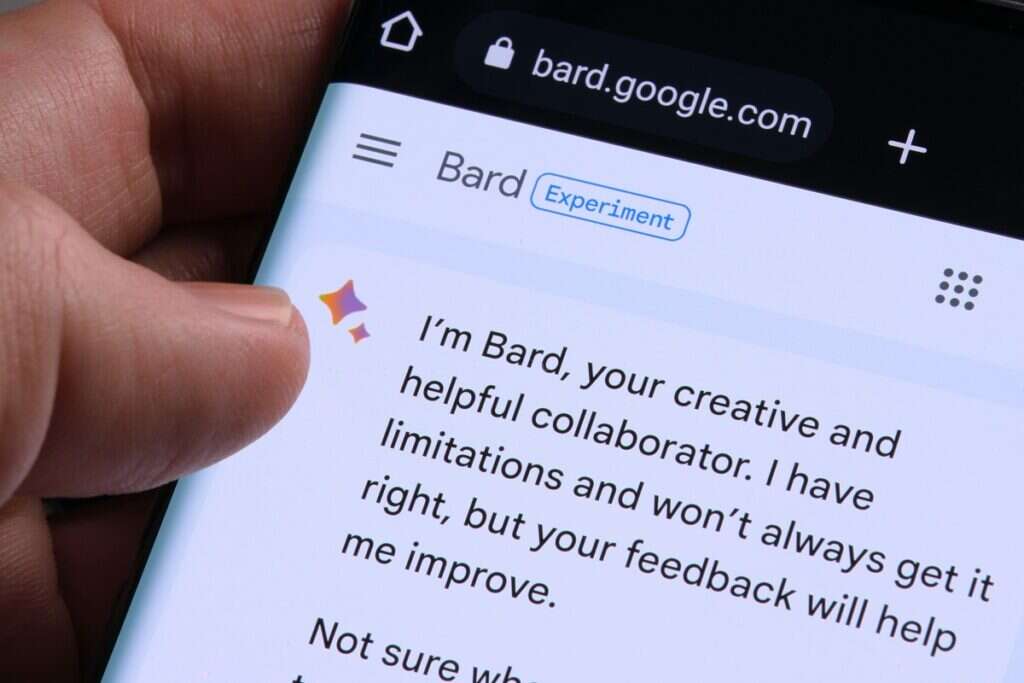
Our review of the year in tech turns to February, when Google launched its bid to match ChatGPT.
Having seen Big Tech rival Microsoft join forces with OpenAI and incorporate the AI lab’s technology into its search portal, Bing, Google hit back in February with the launch of a generative AI chatbot of its own.

Dubbed Bard, the chatbot was built on the company’s LaMDA large language AI model and sought “to combine the breadth of the world’s knowledge with the power, intelligence and creativity of our large language models”, according to Google CEO Sundar Pichai.
Pichai said: “It draws on information from the web to provide fresh, high-quality responses. Bard can be an outlet for creativity, and a launchpad for curiosity, helping you to explain new discoveries from Nasa’s James Webb Space Telescope to a nine-year-old, or learn more about the best strikers in football right now, and then get drills to build your skills.”
The year would see Google increase the presence of AI in its search engine and offer more AI services to customers of its Google Cloud platform. In December, it announced a new AI model, Gemini, which comes in three sizes for different workloads and is said to be able to outperform OpenAI’s flagship technology. It is likely the two companies will continue going head-to-head in 2024.
UK tech gets its own government department
Keen to burnish his Tech credentials, Prime Minister Rishi Sunak created a new Department of Science, Innovation and Technology (DSIT) following a wide-ranging cabinet reshuffle. It took overall responsibility for the digital economy from the former Department for Digital, Culture, Media and Sport (DCMS).
The move came as part of an acronym-heavy reorganisation of Whitehall departments, which also saw the creation of the Department for Energy Security and Net Zero (ESNZ), the Department for Business and Trade (BaT) and the Department for Culture, Media and Sport (CMS).
Sunak’s office said DSIT would “drive innovation that will deliver improved public services” and lead initiatives to create “new and better-paid jobs”. It was given a focus on turning “scientific and technological innovations into practical, applicable solutions” to everyday challenges the UK faces in becoming an innovative economy. As part of the reshuffle, Michelle Donelan, former DCMS secretary, was handed ministerial responsibility for DSIT.
News of DSIT’s formation came weeks after Chancellor Jeremy Hunt restated his ambition to make the UK home to the world’s “next Silicon Valley”. The new department would go on to play a key role in organising the UK’s global AI safety summit.
More from February 2023
- Will 2023 be the year of the AI lawsuit?
- China’s generative AI revolution is only just beginning
- The cloud goes back to the future with magnetic tape storage






